Prejudice In Sports Is A Real Hurtful Challenge
The Impact Of Racism, Sexism, Prejudice and Bigotry in Sports
Prejudice & Discrimination in sports is a multifaceted issue that can take various forms, including racism, sexism, and bigotry. The impact of these prejudices extends beyond the playing field, affecting athletes, fans, the sports industry, politics, and the overall culture of competition. This blog explores what these forms of discrimination do to sports, the various ways they manifest, and how the industry can adapt to create a more inclusive and equitable environment.
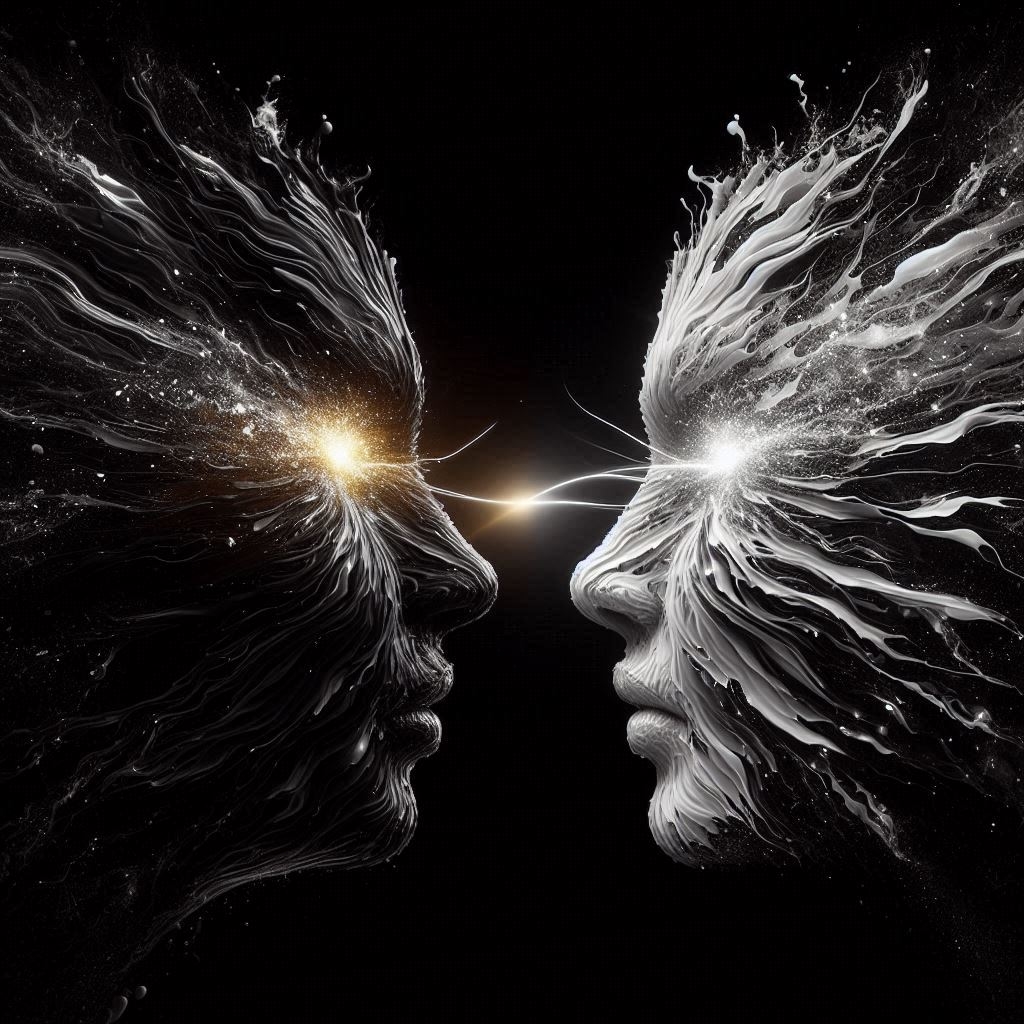
Disclaimer
The views and opinions expressed in this article are based on a general analysis of the impact of racism, sexism, and bigotry in sports. They do not necessarily reflect the views or experiences of specific individuals or organizations mentioned nor do we have any connections with any party listed.
Mary Fowler and the Matildas – What Happened Here As This Feels Like Something Deeper
Mary Fowler, a talented forward for the Matildas, has encountered significant challenges throughout her career, facing the harsh realities of racism, sexism, and bigotry. These issues have not only come from fans but also it feels like from within her own ranks which may include the coaching staff, management, the business side of the team even if it was just from lack of support. We know she has taken alot from fans, and the media. Did this have anything to do with this break she needs. This is only speculative.
Racism and Sexism from Coaching Staff and Management
Fowler’s journey has been marred by instances of racial and sexist discrimination. In the competitive world of sports, female athletes often face unequal treatment compared to their male counterparts starting with pay in most sports. This disparity can manifest in various ways, such as receiving fewer resources, less support, and minimal media coverage. For Mary Fowler, the lack of recognition and support from coaching staff and management has been a significant hurdle, impacting her ability to thrive and reach her full potential in Australia.
Bigotry from the Business Side of the Team
The business side of all sports teams can accidentally or on purpose sometimes perpetuate systemic discrimination. Female athletes, including Fowler, often find themselves at a disadvantage when it comes to financial backing and sponsorship opportunities. The commercialization of women’s sports is still lagging behind that of men’s sports, leading to fewer endorsements and less financial stability for female athletes. This economic disparity not only affects their careers but also their ability to inspire and support the next generation of athletes.
Fan and Media Treatment
Fans and the media play a crucial role in shaping the perception and treatment of athletes. Unfortunately, Fowler has been subjected to derogatory comments and online harassment from some fans, which can be incredibly demoralizing. The media, on the other hand, often focuses on superficial aspects of female athletes’ lives rather than their sporting achievements. This can lead to a lack of respect and recognition for their hard work and dedication, further perpetuating sexist attitudes in sports coverage.
Despite these challenges, Mary Fowler continues to rise above the discrimination she faces. Her resilience and determination serve as a beacon of hope and inspiration for young athletes everywhere. By using her platform to advocate for equality and respect in sports, Fowler is paving the way for a more inclusive and equitable future.
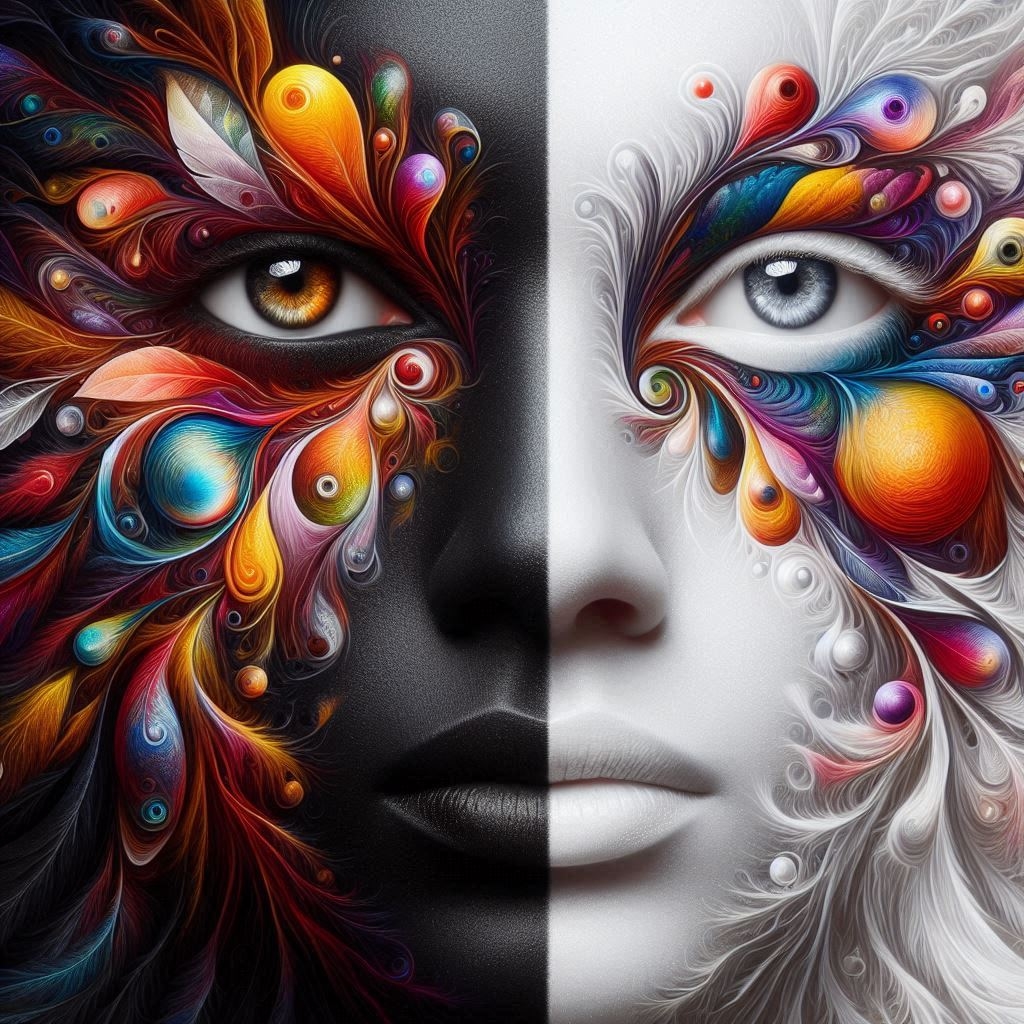
The Effects on Sports Itself
Discrimination in sports undermines the integrity of the games and can diminish the spirit of fair competition. Biases based on race, gender, or other characteristics can lead to uneven playing opportunities, skewed representation in sports media, and biased officiating. When athletes are judged based on prejudice rather than skill, the true meritocracy that sports strive to represent is compromised. This can disillusion fans, decrease the sport’s appeal, and harm its overall reputation.
The Impact on Athletes
For athletes, experiencing racism, sexism, or bigotry can have profound psychological and emotional effects. Discrimination can manifest through derogatory remarks, unequal treatment, and even physical violence. Such experiences can lead to decreased performance, mental health struggles, and a lack of motivation. In some cases, athletes may choose to leave the sport they love due to persistent abuse.
Discrimination also affects opportunities for marginalized athletes. They may face barriers to entry, fewer endorsements, and limited media coverage compared to their counterparts. This not only affects their careers but also limits the diversity of role models available to aspiring athletes from underrepresented communities.
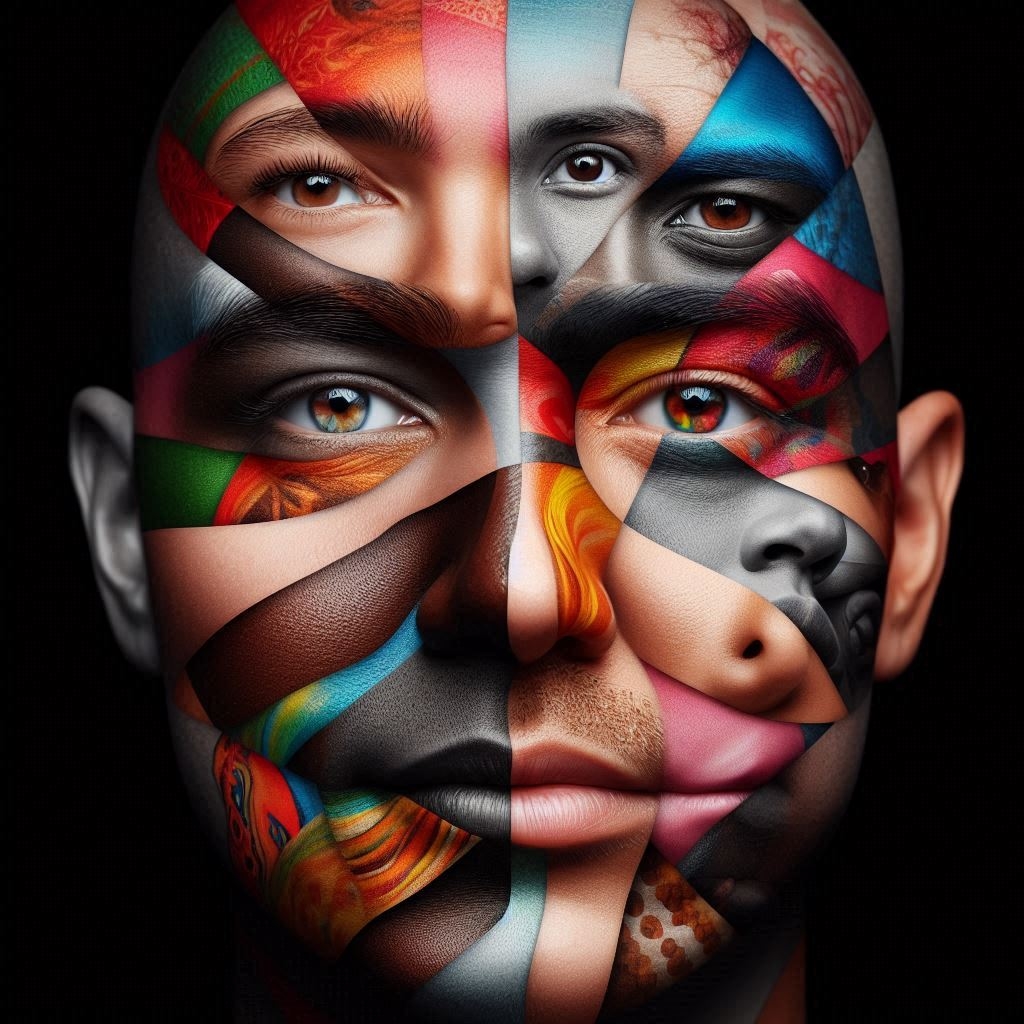
Mental Health of All Involved
The mental health impact of racism, sexism, and bigotry extends beyond the athletes to coaches, officials, fans, and even the broader sports community. Discriminatory environments can lead to anxiety, depression, and other mental health issues for those affected. The stress of facing constant prejudice and discrimination can erode self-esteem, foster feelings of isolation, and diminish the overall enjoyment of the sport.
Athletes who experience discrimination may suffer from performance anxiety and burnout. Coaches and officials working in discriminatory environments may feel powerless or complicit, leading to job dissatisfaction and mental strain. Fans who witness or experience discrimination at sporting events can feel alienated and less inclined to support their favorite teams or sports.
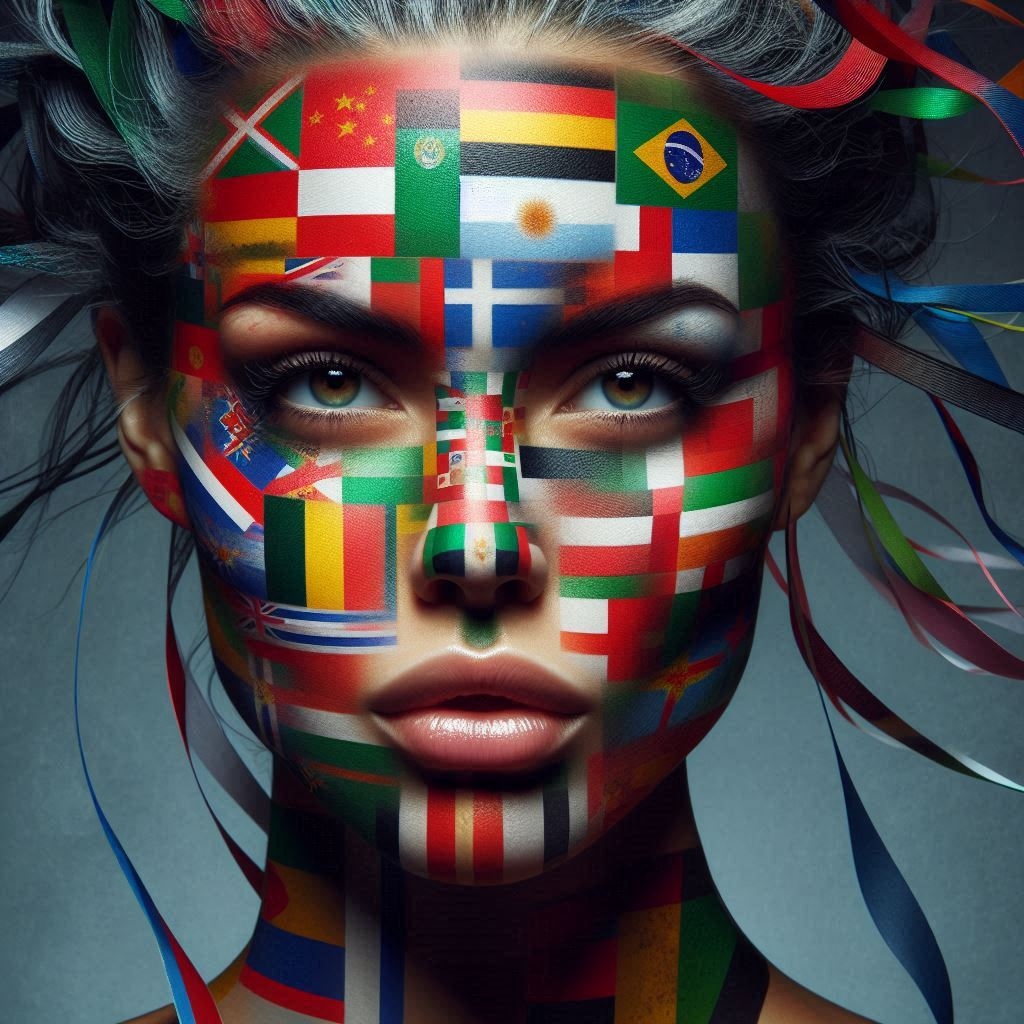
Ingrained Discrimination in Corporate Identity and History
Racism, sexism, and bigotry can be deeply ingrained in the corporate identity and history of sports organizations. These practices can manifest in hiring decisions, promotional opportunities, and organizational culture. When discrimination is embedded in the fabric of an organization, it perpetuates a cycle of exclusion and inequality.
Historical practices of discrimination can create an environment where certain groups are consistently marginalized or underrepresented. This can lead to a lack of diversity in leadership positions, reinforcing existing power dynamics and preventing meaningful change. It is essential to recognize and address these systemic issues to create a more inclusive and equitable sports industry.
The Need to Eliminate Discriminatory Practices
Eliminating ingrained discrimination requires a concerted effort from all levels of an organization.
Acknowledge the Problem
Recognize and openly address the historical and current practices of discrimination within the organization. This involves acknowledging past mistakes and committing to change.
Implement Anti-Discrimination Policies
Establish clear and comprehensive policies that prohibit discrimination based on race, gender, or other characteristics. Making policies is great but make sure that policies are enforced fairly and with no prejudice.
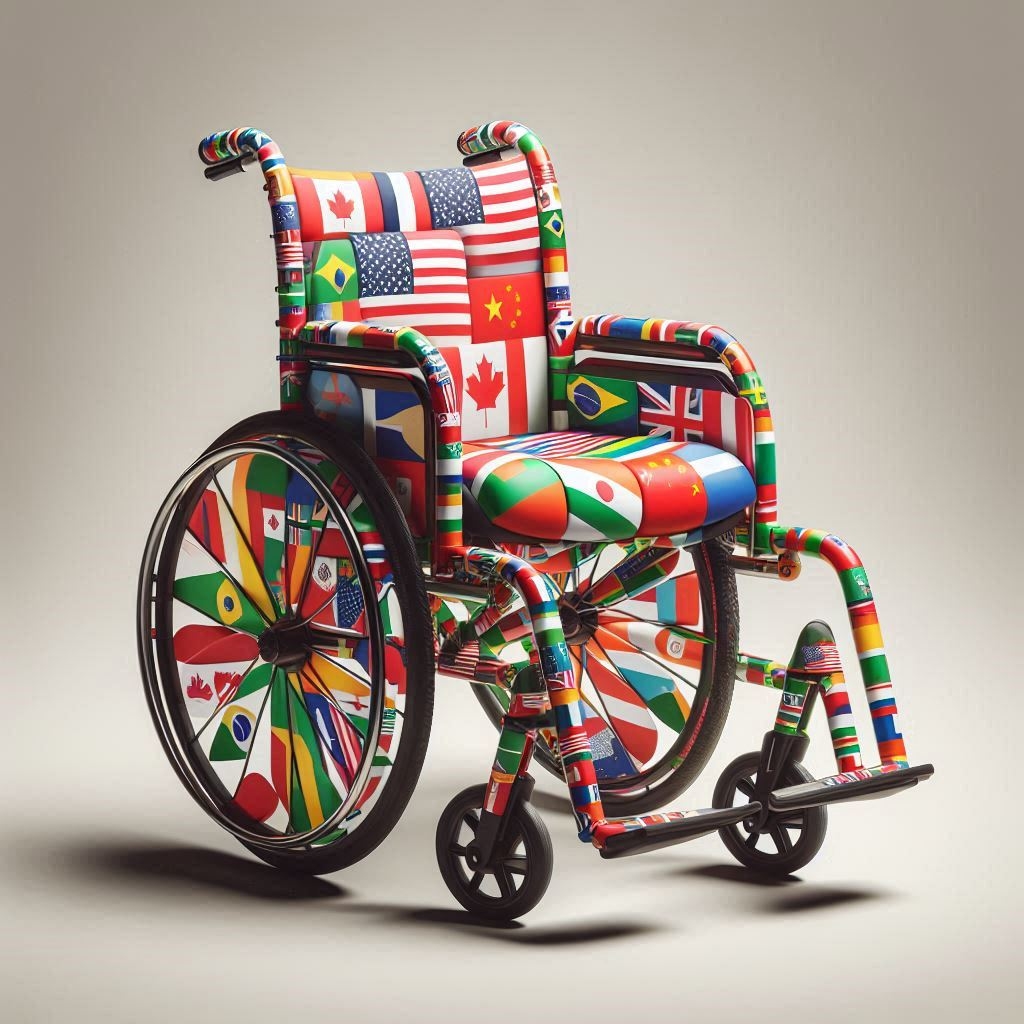
Promote Diversity and Inclusion
Actively seek to diversify the leadership and workforce within the organization. This includes recruiting and promoting individuals from underrepresented groups and creating a culture of inclusion.
Provide Training and Education
Offer regular training and education on diversity, equity, and inclusion for all employees. This helps build awareness and understanding of the importance of eliminating discrimination or any forms of prejudice.
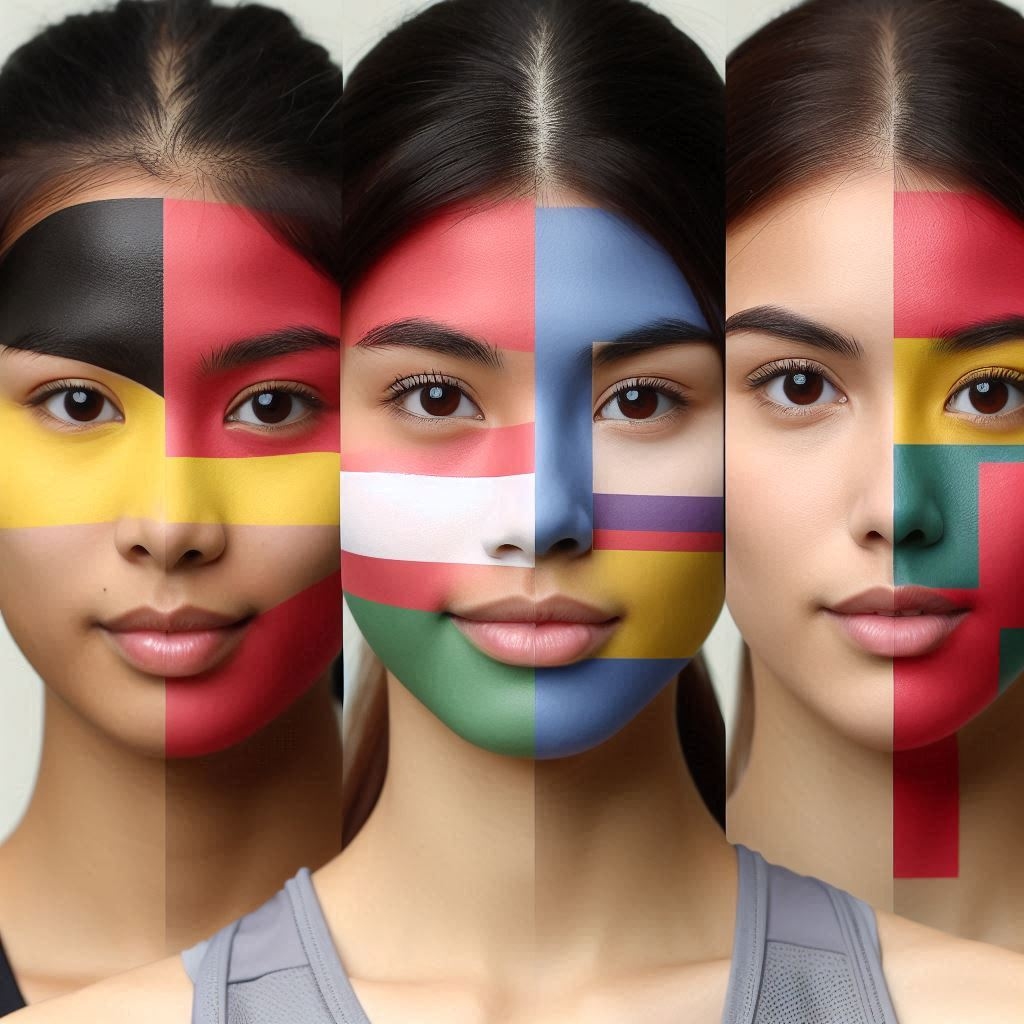
Create Support Systems
Establish support systems for individuals who experience prejudice or discrimination. This includes access to mental health resources, safe reporting channels, and mechanisms for addressing complaints.
Foster Accountability
Hold individuals and the organization accountable for prejudice & discriminatory practices. This involves regular audits, transparent reporting, and consequences for those who engage in discriminatory behavior.
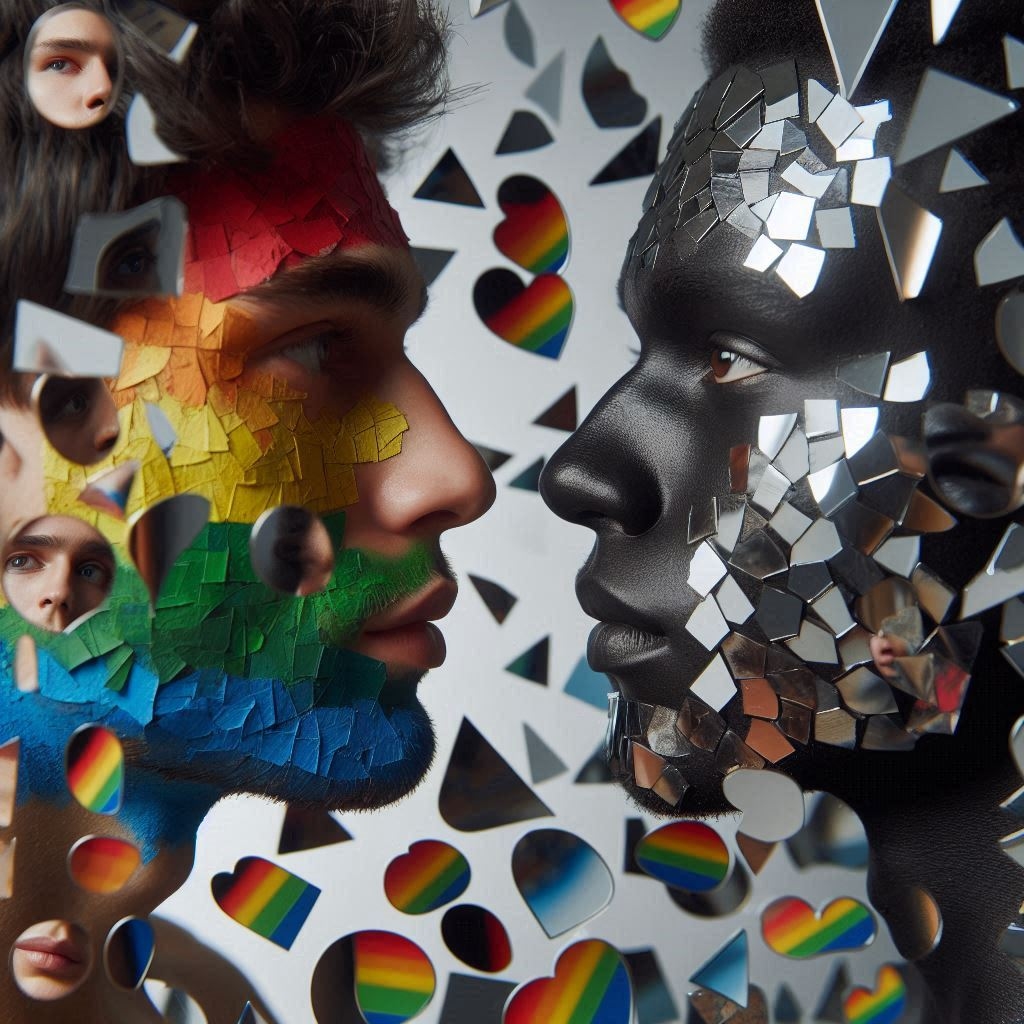
Examples of Discrimination in Sports
English Cricket Team Racism Row
The English cricket team has faced significant scrutiny over allegations of institutional racism. The Independent Commission for Equity in Cricket (ICEC) found that racism, sexism, and class-based discrimination are deeply entrenched in English cricket. The report highlighted that half of the respondents experienced discrimination, with racism being a pervasive issue. The case of Azeem Rafiq, a former Yorkshire player, brought to light the extent of racial abuse and bullying within the sport. The England and Wales Cricket Board (ECB) has since issued an apology and committed to reforms to address these issues.
Female Tennis Player Shirt Swap Incident
In 2018, French tennis player Alizé Cornet was penalized for briefly removing her shirt on the court during the US Open to correct a wardrobe malfunction. The incident drew widespread criticism as male players frequently change their shirts on the court without penalty. The US Open later clarified its policy, stating that all players, regardless of gender, are allowed to change their shirts while seated in their chair. This incident highlighted the double standards and sexism that can exist in sports regulations.
Religious Views Against LGBTQI Community
Religious views can significantly impact the acceptance and treatment of LGBTQI individuals in sports. Many religious traditions have historically been opposed to LGBTQI identities, leading to discrimination, prejudice and exclusion. For example, some religious schools have faced criticism for policies that exclude LGBTQI students and staff. The intersection of religion and sports can create environments where LGBTQI athletes feel marginalized and unsupported. It is crucial to address these issues to ensure that all athletes can participate in sports without fear of discrimination.
Conclusion
Discrimination in sports, whether based on race, gender, or other prejudices, is a multifaceted issue that affects not just the players, but also the fans, the integrity of the sports, and the broader societal structure in which they exist.
Addressing discrimination requires a concerted effort from all stakeholders, including athletes, sports organizations, fans, and political leaders. By implementing proactive measures and fostering a culture of inclusivity, the world of sports can move towards a future where everyone, regardless of race, gender, or background, so that sports stays sports. None of these issues will be fixed fully as these issues are inbuilt in our society and us as the people but we have to take it seriously. Predjudice is real and it has extremely long, painful past and future hurt.
For Books On Prejudice, Racism, Sexism & Bigortry Click here
Join the Discussion
What are your thoughts on the impact of discrimination & prejudice in sports and the steps needed to address it? Do you believe that modern development projects can coexist with efforts to combat discrimination?
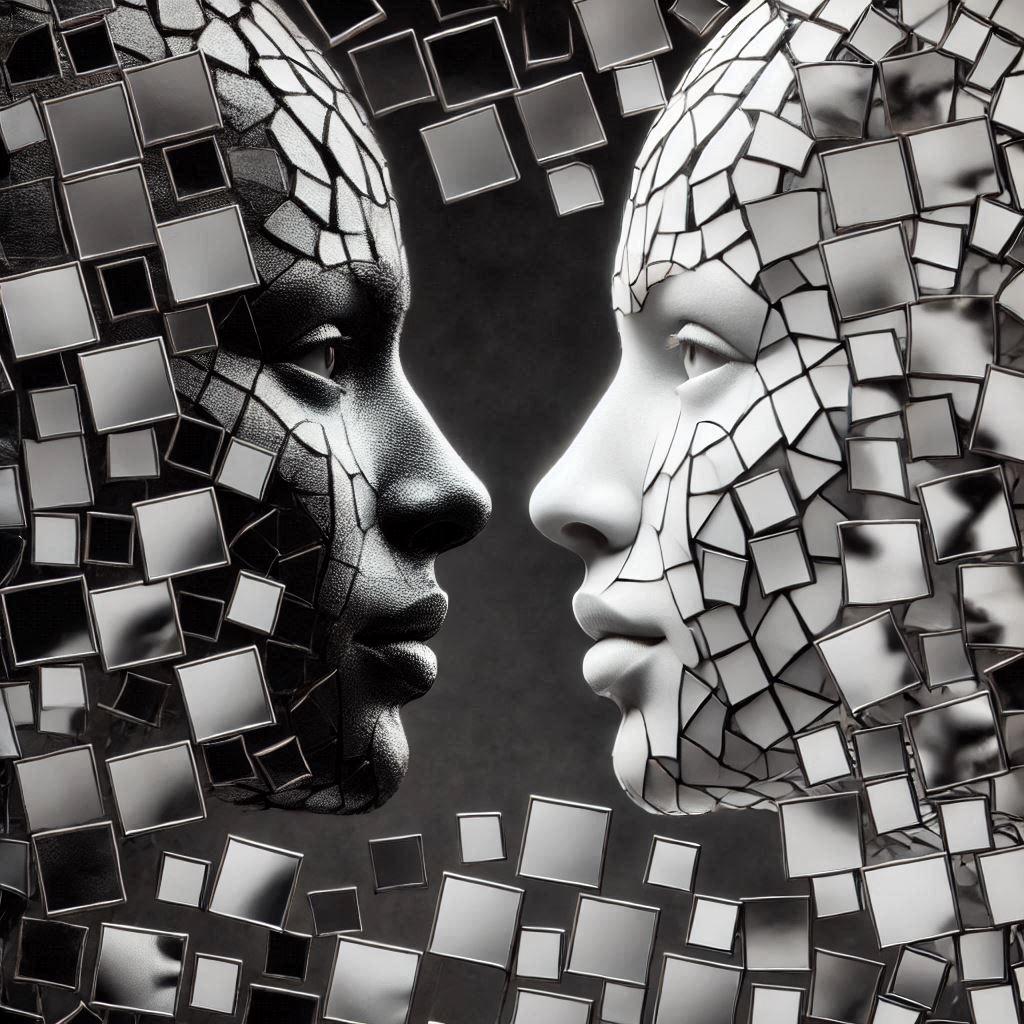



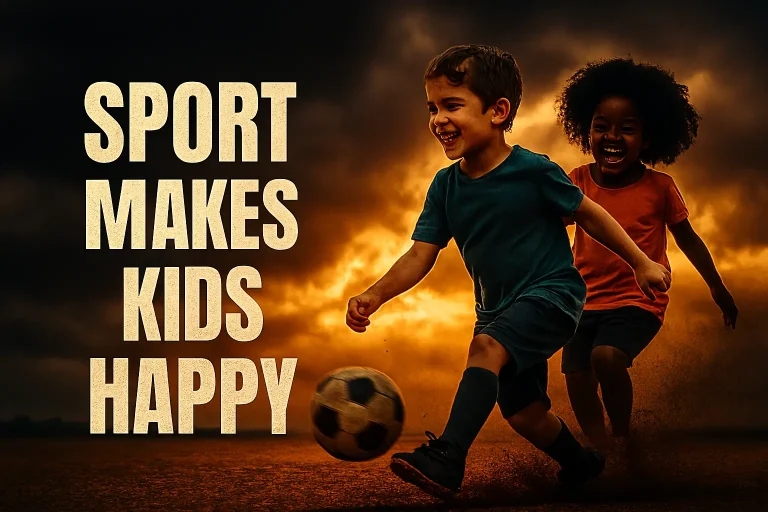
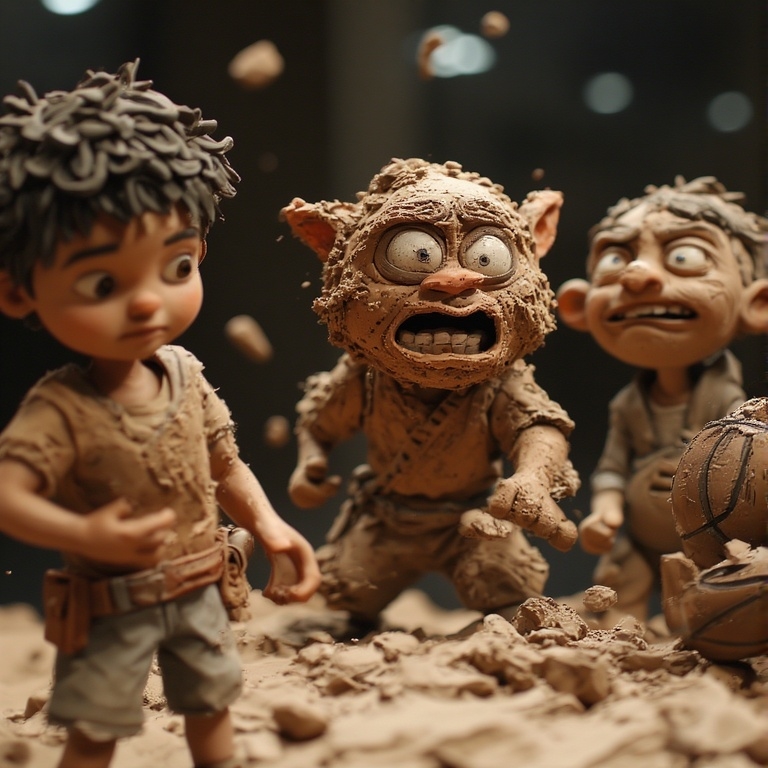

You actually make it seem really easy with your presentation however I to find this matter to be actually something that I believe I might by no means understand. It seems too complicated and very vast for me. I am looking forward to your subsequent put up, I?¦ll attempt to get the dangle of it!